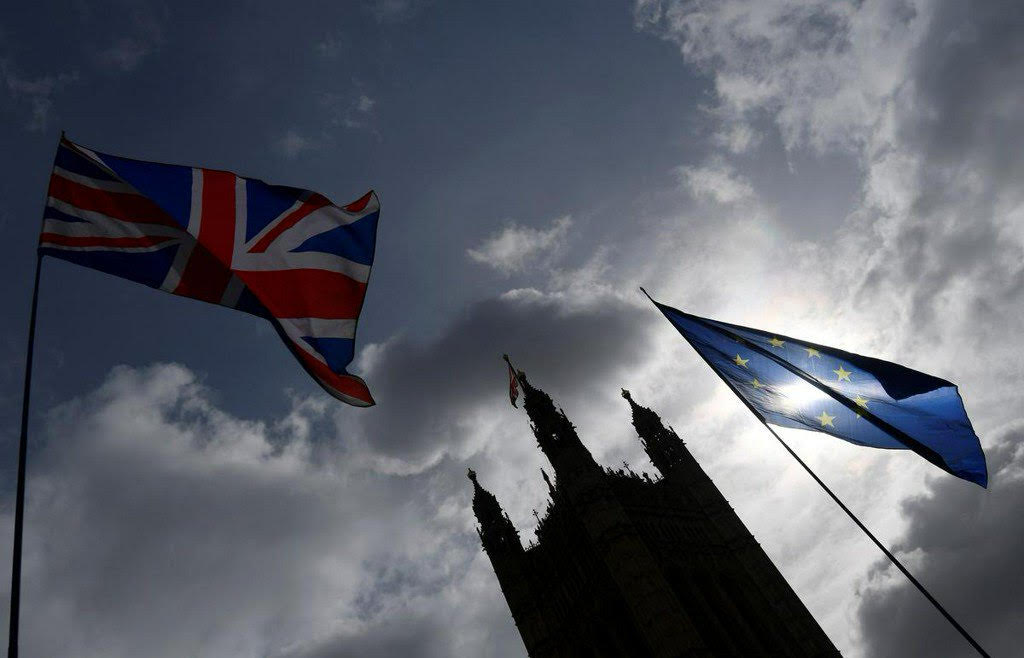
London: The government is expected to set out its proposals for a Brexit deal in Parliament later, while EU leaders also consider their response.
On Wednesday, United Kingdom Prime Minister Boris Johnson outlined plans that would see Northern Ireland stay in the European single market for goods but leave the customs union - resulting in new customs checks.
The European Commission welcomed "advances" but said problems remained.
The PM says the UK will leave the EU on 31 October, with or without a deal.
He insists he will not ask for a further extension if no deal is reached despite legislation designed to force him to do so unless MPs pass a deal or approve a no-deal Brexit before 19 October.
Irish Prime Minister Leo Varadkar, whose stance is expected to guide how the EU responds, said the UK's approach "did not fully meet the agreed objectives of the backstop". The backstop is a mechanism designed to avoid a hard border on the island of Ireland after Brexit.
However, he did add he would study the proposals "in further detail”.
The UK government hopes to begin a period of intense negotiations with the aim of reaching a final agreement at an EU summit on 17 October.
A minister is expected to update the House of Commons on the proposals on Thursday. There will also be a meeting of the cabinet in the morning.
The PM's Brexit plan set out details of a replacement for the Irish border "backstop" in the current Brexit agreement.
The backstop is the controversial "insurance policy" that is meant to keep a free-flowing border on the island of Ireland but which critics - including the PM - fear could trap the UK in EU trading rules indefinitely.
Under Johnson's proposals, which he calls a "broad landing zone" for a new deal with the EU:
• Northern Ireland would leave the EU's customs union alongside the rest of the UK, at the start of 2021
• But Northern Ireland would, with the consent of politicians in the Northern Ireland Assembly, continue to apply EU legislation relating to agricultural and other products - what he calls an "all-island regulatory zone"
• This arrangement could, in theory, continue indefinitely, but the consent of Northern Ireland's politicians would have to be sought every four years
• Customs checks on goods traded between the UK and EU would be "decentralised", with paperwork submitted electronically and only a "very small number" of physical checks
• These checks should take place away from the border itself, at business premises or at "other points in the supply chain"
The government is also promising a "New Deal for Northern Ireland", with financial commitments to help manage the changes.
The Democratic Unionist Party - whose votes the government is likely to need to pass the deal - have supported the plan saying it would allow Northern Ireland to leave the customs union and single market at the same time as the rest of the UK.
However, other Northern Ireland parties criticised the proposals.
Sinn Fein called the plans a "non-starter", the Social Democratic and Labour Party said they were "dead on arrival", and the Ulster Unionist Party argued Northern Ireland would be left in a "perpetual cycle of uncertainty”.
Several Conservative MPs who rejected Theresa May's withdrawal agreement signalled their support. Leading Brexiteer Steve Baker said it was "highly likely" the deal would get through Parliament.
But Labour leader Jeremy Corbyn said the deal was "not acceptable" and the Lib Dem's Jo Swinson accused Johnson of not being "serious about getting a deal”.
Scotland's First Minister and SNP leader Nicola Sturgeon said the proposals were "designed to fail”.
If the EU and UK cannot agree a deal which is approved by MPs by 19 October, the prime minister is compelled by the Benn Act to seek an extension to the Brexit negotiation process unless the Commons votes to leave without a deal.
However, the prime minister has repeatedly insisted the UK will leave the EU on 31 October with or without a deal, and that he will not ask for an extension.